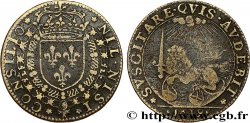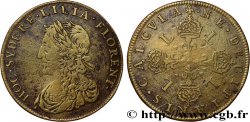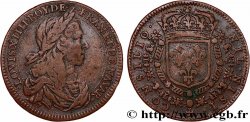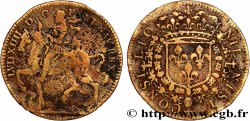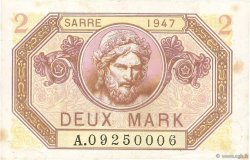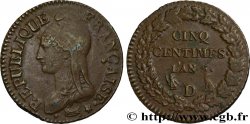fjt_928538 - CONSEIL DU ROI / KING'S COUNCIL Retour du Roi à Paris 1653
45.00 €(Approx. 52.65$ | 39.15£)
Quantity
Add to your cart

Type : Retour du Roi à Paris
Date: 1653
Metal : silver
Diameter : 27 mm
Orientation dies : 6 h.
Weight : 5,33 g.
Edge : lisse
Rarity : R1
Catalogue references :
Obverse
Obverse legend : NIL. NISI. CONSILIO.
Obverse description : Écu de France couronné, entouré des deux colliers des ordres du Roi, avec quatre L couronnés dans le deuxième collier.
Obverse translation : Rien sans le Conseil.
Reverse
Reverse legend : VRBS. ANTIQVA. RESURGIT ; À L'EXERGUE : 1653.
Reverse description : La Seine couchée à gauche ; Paris au loin.
Reverse translation : La ville ancienne se relève.
Commentary
Dans l'été 1652, le parti des princes frondeurs est en perte de vitesse. Militairement dominé (combat du faubourg St Antoine le 2 juillet), il ne se maintient dans la capitale que par une série d'émeutes dont la plus grave provoque l'incendie de l'Hôtel de ville le 4 juillet. Après le retour du Roi à Paris, "la ville ancienne se relève" de ces bouleversements.
In the summer of 1652, the party of the rebel princes was losing ground. Militarily dominated (battle of the Faubourg St Antoine on July 2), it only maintained its position in the capital through a series of riots, the most serious of which caused the burning of the Hôtel de Ville on July 4. After the King's return to Paris, \\\"the old city recovered\\\" from these upheavals.
In the summer of 1652, the party of the rebel princes was losing ground. Militarily dominated (battle of the Faubourg St Antoine on July 2), it only maintained its position in the capital through a series of riots, the most serious of which caused the burning of the Hôtel de Ville on July 4. After the King's return to Paris, \\\"the old city recovered\\\" from these upheavals.








 Report a mistake
Report a mistake Print the page
Print the page Share my selection
Share my selection Ask a question
Ask a question Consign / sell
Consign / sell
 Full data
Full data